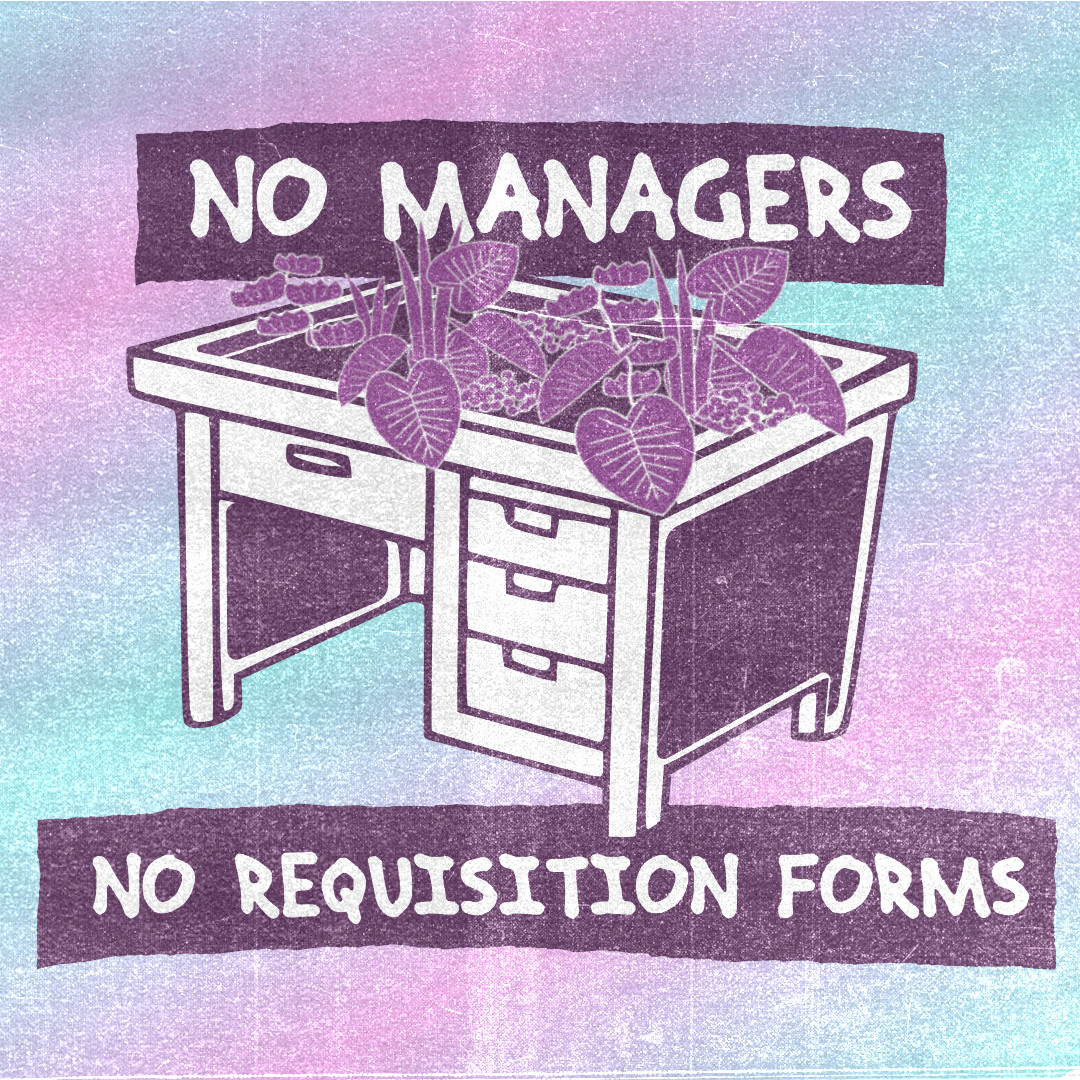What did you do when your school report card came? Did you hope it would get lost in the mail? Did you await the moment you could post your success on the fridge? Maybe you just tried to stay still like someone who knows there’s a snake loose in the car, but isn’t sure what kind.
I mostly tried to ignore report cards. When I was in college, I generally didn’t even look at my grades. Sometimes I legitimately lost them (I’m very bad at mail). Often, by the time they came, I’d moved on to other things. But either way, I never thought they were helpful. They certainly didn’t help me learn anything.
I’m getting ready to teach a class in the fall and, as always, I’m stumped by the “grading” section of the syllabus. As a teacher, grades seem even less useful than they did when I was a student.
I have a lot of questions: Is it just me, or is there something off about grades? Do they actually help students learn? What would school look like without grades?
So, I’ve been digging into the conversation about “ungrading” where people are asking these same questions.
It’s an interesting conversation, even if you aren’t currently a student or teacher. School is such a formative part of most peoples’ lives. Its systems set the tone for so much of how we later think about the world. Mainstream education tends to be a strong reflection of the dominant culture. School has also been a lever of change. If you could change how school works, maybe you can change society. Either way, questioning the role of grades is an entree into questioning a range of other systems.
What’s wrong with grading?
Grades are supposed to: give feedback, measure learning, rank students, and motivate them to learn. Which sounds straight forward, but research shows that grades are a very bad way to achieve any of those goals. Like watering houseplants with seawater— it might seem fine, but it’s not.
Here are some of the ways grades fail:
Feedback. A single letter or number is not good feedback. Too many dimensions are collapsed into a single measure. A low grade could mean many different things. Maybe the student didn’t understand the assignment, maybe they didn’t try very hard, maybe they turned it in late, maybe there were too many spelling errors. I was once marked down on my physics homework in high school for stapling the paper the wrong way. Studies have shown that written feedback in addition to a grade doesn’t help, because when given both a grade and written feedback, students rarely look at the feedback.
Measuring learning. Grades look like an objective measure, but there are oceans of subjective or arbitrary judgement hiding under the surface. Everyone who’s studied this has found that there is basically no consistency in how grades are given. Even with rubrics, different graders give very different grades to the same work. Individual graders vary a lot, even throughout the day. If you want good grades, try to make sure your paper isn’t the last one graded before lunch. Race, gender, and class markers also have a huge subconscious effect on the grades given.
Even if they could be assigned consistently, grades aren’t actually a measure of learning. They’re an evaluation of performance on an assignment. If you’ve taken a multiple choice test and wanted to answer something like “A, but maybe B (if you think about it the right way), and definitely the opposite of D,” you know about this. Assignments really just test a students ability to do the assignment. The more teaching becomes about preparing students for the assignment (teaching to the test, as they say in the business) the narrower the learning becomes. Hence the inevitable question: “will this be on the test?”
Ranking students. All of this is a poor basis for ranking students. The students at the top of the list aren’t the ones who have learned the most or have the most knowledge, skills, or potential. They are just those who have gotten the best grades. Often this has more to do with family background than anything else. Grades don’t predict how people will do in future jobs, or success at anything else. It turns out that grades are a poor way mechanism for sorting people.
Beyond that, I think the project of sorting people to decide who will get opportunities and resources is a very bad thing, but that’s a discussion for another day.
But don’t grades motivate students?
This is where conventional wisdom really falls short. There is a general assumption that people do things to get rewards and avoid punishments. There are so many system in our society that are based on that assumption.
But it turns out that’s not how motivation works at all.
Motivation researchers talk about two kinds of motivation. Intrinsic motivation, which is doing things for their own sake, and extrinsic motivation, doing things for external reasons (getting rewards or avoiding punishments). In study after study, folks have found that the two can’t live side-by-side. If you start giving someone a reward for doing something that they were doing anyway, they will enjoy that activity less. Then if you stop giving the reward, they will stop doing the activity. Extrinsic motivation crowds out intrinsic motivation.
Folks have also found that extrinsic motivation is pretty thin. People quickly learn to do the bare minimum to get the reward. Creativity, risk-taking, collaboration, and personal investment all tank once rewards and punishments are introduced.
Grades are a perfect example of extrinsic replacing intrinsic motivation. People generally love to discover new things and they love to be challenged. But introduce grades (and school) and people quickly learn to find the whole thing either a drag or a game that they can win. Disconnection or short-cuts and cheating come along soon after.
What to do instead?
Ungraders have a lot of teaching-craft suggestions for how to limit the harmful effects of grades and help students rediscover self-motivated learning. There’s a world of portfolio systems, learning contracts, peer feedback, self evaluation, and more that you should check out if you’re in the business.
Beyond the technique-based solutions, thinking about dislodging grades calls into question so much about the way school works. If you imagine learning without grades, you quickly start to imagine a system that looks totally different than contemporary schooling. The place of learning in people’s lives, the relationship between teachers and students, the role of school credentials in society, and so much more would all have to change. All of which would make education less focused on institutional needs and become more of a living part of people’s lives. Grades are a crack in the facade that we can pry open to glimpse a world beyond.
Here are some places to learn more about ungrading:
A short introduction to the core critiques of grading and and intro to the alternatives: Blum, Susan D. “Ungrading: The Significant Learning Benefits of Getting Rid of Grades.” Inside Higher Education, November 14, 2017.
A video that covers similar information: Zoe Bee. Grading Is a Scam (and Motivation Is a Myth) | A Professor Explains, 2021.
A book of essays exploring ungrading: Susan D. Blum, ed. Ungrading: Why Rating Students Undermines Learning. Morgantown: West Virginia University Press, 2020.
A strident argument against extrinsic rewards: Kohn, Alfie. Punished by Rewards: The Trouble with Gold Stars, Incentive Plans, A’s, Praise, and Other Bribes. Twenty-Fifth anniversary edition. Boston: Houghton Mifflin Company, 2018.
A classic book that describes the corrosive effect of grades and other institution-centered teaching: Holt, John Caldwell. Instead of Education: Ways to Help People Do Things Better. 1st ed. New York: Dutton, 1976.




